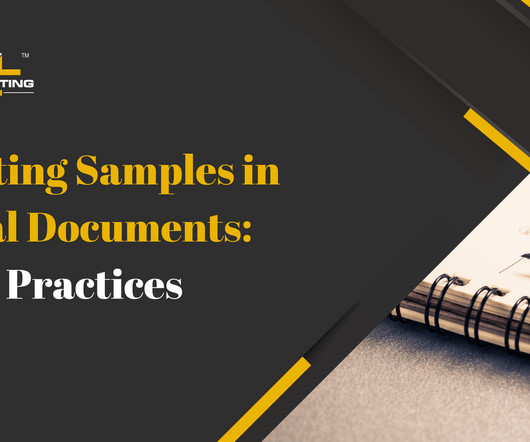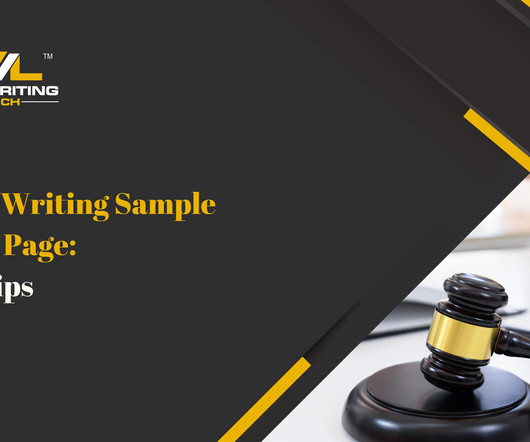Clearbrief CEO Jacqueline Schafer: Transforming Written Legal Arguments With AI
Attorney at Work
JULY 22, 2021
Jackie Schafer: I started out as a litigator at Paul Weiss, but spent most of my career in public service as an assistant attorney general, where I was regularly briefing and arguing cases before the state appellate courts in Alaska and Washington state. Legal writing has really specific requirements. seed round.













Let's personalize your content